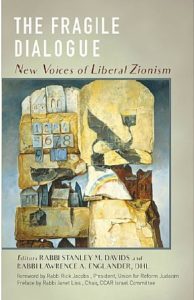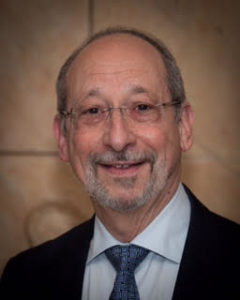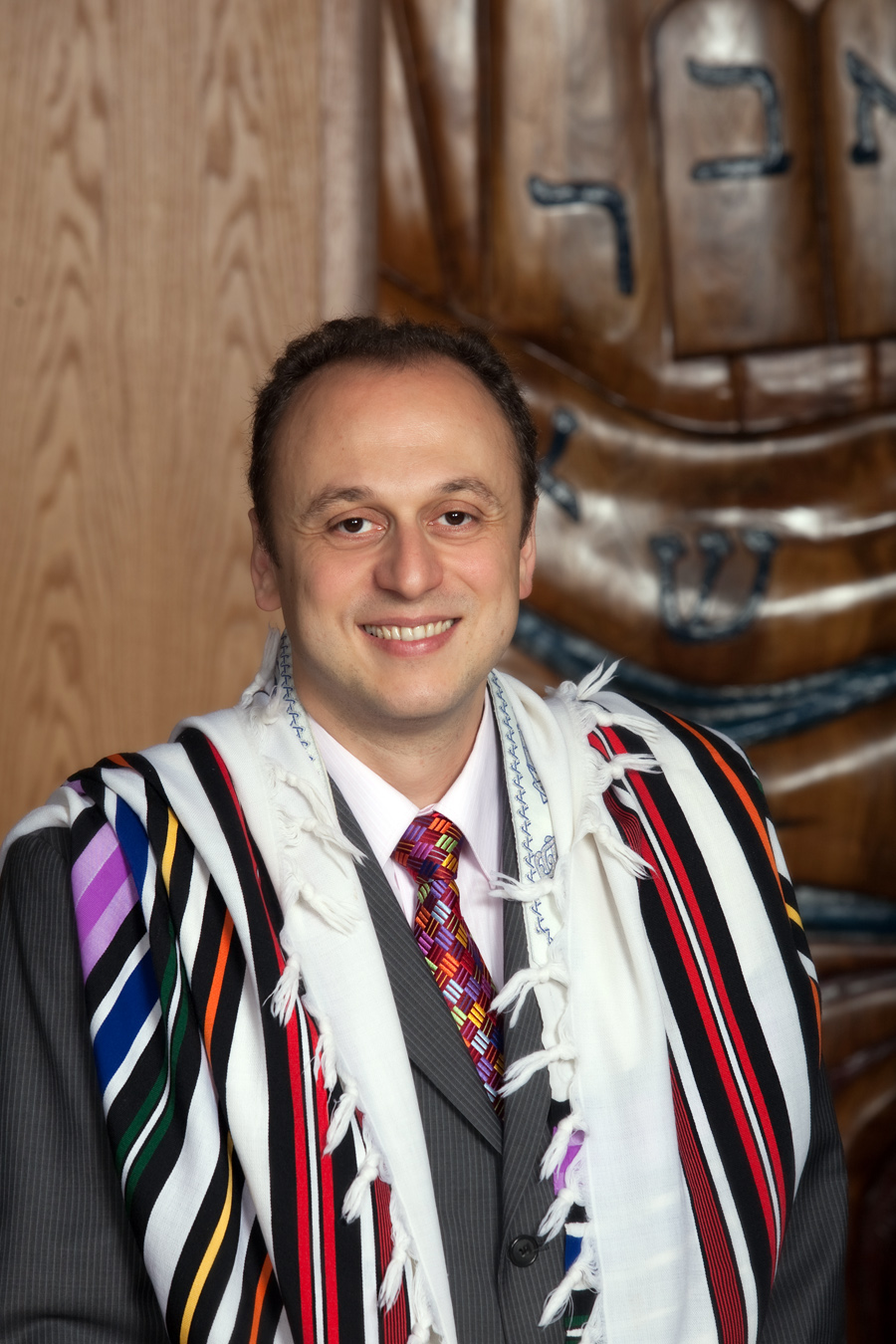 As I write this column, our nation continues to reel from the pain of another devastating school shooting, this time in Parkland, Florida, that claimed 17 lives. As always happens after such tragic events, we engage in fierce debates and discussions, in person and increasingly online, on how best to prevent such tragedies. As always, there is not much listening going on in these debates – but quite a lot of shouting. The issues are real, the pain is real, and the frustration is real. It is hard to talk about difficult issues, amidst communal and national pain, when we are so divided in our opinions. It is obvious that people are finding it increasingly hard to even acknowledge the humanity of anyone holding an opinion that differs from his own. And yet also we must acknowledge that unless we find a way to listen to each other, and to really hear each other, the solutions to this and many other of our problems, will continue to elude us.
As I write this column, our nation continues to reel from the pain of another devastating school shooting, this time in Parkland, Florida, that claimed 17 lives. As always happens after such tragic events, we engage in fierce debates and discussions, in person and increasingly online, on how best to prevent such tragedies. As always, there is not much listening going on in these debates – but quite a lot of shouting. The issues are real, the pain is real, and the frustration is real. It is hard to talk about difficult issues, amidst communal and national pain, when we are so divided in our opinions. It is obvious that people are finding it increasingly hard to even acknowledge the humanity of anyone holding an opinion that differs from his own. And yet also we must acknowledge that unless we find a way to listen to each other, and to really hear each other, the solutions to this and many other of our problems, will continue to elude us.
Over the last five months some 40 plus TE members have engaged in learning about the 100 years of modern Jewish history, 1917 through 2017, through the study of pivotal events in the history of the State of Israel with the help of the materials prepared by the faculty of Shalom Hartman Institute in Jerusalem. As we deepened our knowledge and understanding of the historical events of 1917, 1947, and 1967, we also considered some of the fundamental ideas of Zionism, as well as the challenges. We were most inspired by the way multiple (and diverse) opinions were presented and debated by the Hartman faculty in the Round Table discussion of each lecture. Having dramatically different ideas, and disagreeing, perhaps vehemently, does not have to stand in a way of listening and engaging in a conversation, however challenging it may be.
 As you will see elsewhere in the Shofar, our Scholar in Residence this year is Rabbi Larry Englander, a wonderful teacher and a colleague, who co-edited the recently published ‘The Fragile Dialogue: New Voices of Liberal Zionism,’ a collection of essays presenting a wide variety of modern liberal Zionist ideas and challenges. While we will have an opportunity to learn so much from Rabbi Englander during his time here (see the full list of events in the Shofar and online), I am particularly looking forward to continuing our conversation on how to have these ‘fragile dialogues,’ addressing some of the most difficult, most challenging questions of our generation. I look forward to this continued journey of learning and listening with all of you and with Rabbi Englander on April 12-14, as well as during a special session on April 8th where we begin to look at the ideas presented in the book. In the meantime, I wish you a Chag Pesach Kasher v’Sameach – Happy Passover, and I look forward to seeing many of you at the TE Seder (first night, March 30) and the Passover Morning Service on March 31st.
As you will see elsewhere in the Shofar, our Scholar in Residence this year is Rabbi Larry Englander, a wonderful teacher and a colleague, who co-edited the recently published ‘The Fragile Dialogue: New Voices of Liberal Zionism,’ a collection of essays presenting a wide variety of modern liberal Zionist ideas and challenges. While we will have an opportunity to learn so much from Rabbi Englander during his time here (see the full list of events in the Shofar and online), I am particularly looking forward to continuing our conversation on how to have these ‘fragile dialogues,’ addressing some of the most difficult, most challenging questions of our generation. I look forward to this continued journey of learning and listening with all of you and with Rabbi Englander on April 12-14, as well as during a special session on April 8th where we begin to look at the ideas presented in the book. In the meantime, I wish you a Chag Pesach Kasher v’Sameach – Happy Passover, and I look forward to seeing many of you at the TE Seder (first night, March 30) and the Passover Morning Service on March 31st.
‘The Fragile Dialogue’ is available for purchase at a discounted price of $15 through TE website and at the office.
